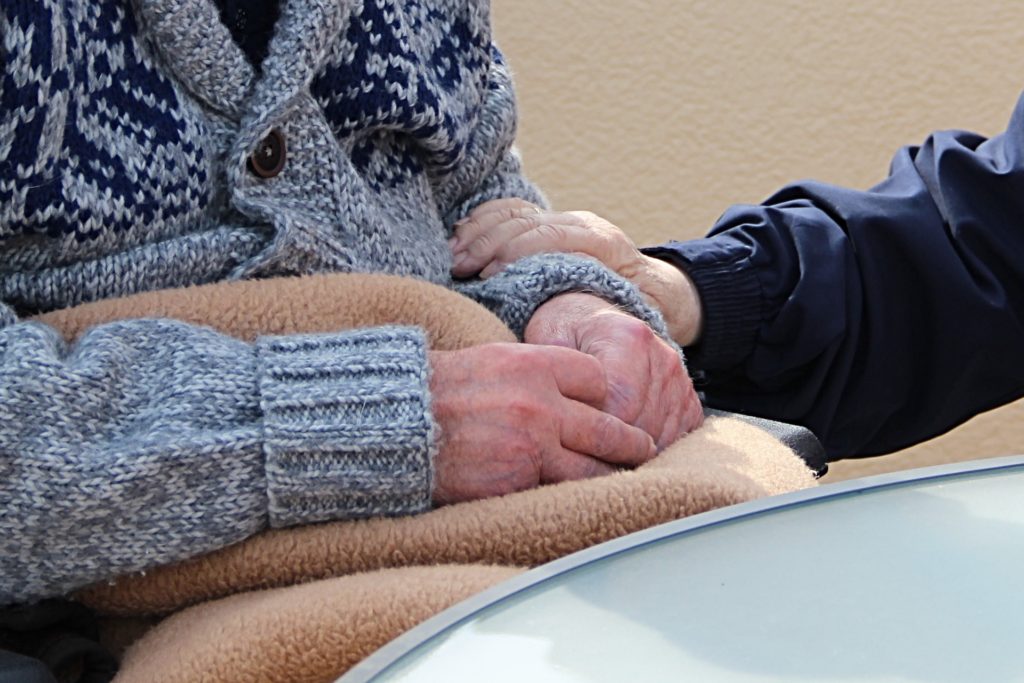Dublin, Calif.-based Hope Hospice has launched a caregiver respite program designed for the families of dementia patients. The service is designed to ease the burden of caregiving on low- to middle-income families, offering as many as 16 hours of home-based respite care.
The program is not limited to the families of Hope’s hospice patients. Families must apply to receive the service. They may reapply monthly, but the program gives priority to new applicants. Participating caregivers must reside within Hope’s service region and be caring for a patient with dementia. To be eligible, their income must not exceed 400% of the current federal poverty guidelines for their household size.
“Our average family doesn’t have disposable income to pay for this kind of service. The burden for caregiving usually relies on the immediate family members,” Kendra Strey, director of communications for Hope Hospice, told Hospice News. “We wanted to provide the benefits of respite care to families that otherwise would not be able to pay for it.”
Hope has contracted with two local caregiving agencies to provide respite care through this program. The hospice may seek additional contracts as demand rises.
Respite is one of four levels of hospice care that Medicare covers, along with routine home care, continuous home care and general inpatient care. Medicare typically allows respite care to be provided on an inpatient basis for as long as five days when their caregivers become sick themselves, need a rest or need to address other priorities. Providers typically offer this care in a hospice facility, hospital or nursing home.
Hope’s new program is unique in that the service takes place in the home and is financed with philanthropic dollars rather than the Medicare per diem. The program is currently funded for three years.
The initiative originated as a service of the Tri Valley Adult Day Care Organization. When that organization decided to dissolve its business, Hope Hospice applied to take on this caregiver support component, according to Strey.
“The number of adults or older adults needing dementia care is really growing. Dementia has now surpassed even cancer as the leading diagnosis for patients upon admission at Hope Hospice. “More than half of our patients are living with some level of dementia, so we just really wanted to offer this program to families that have those unique care challenges.”



